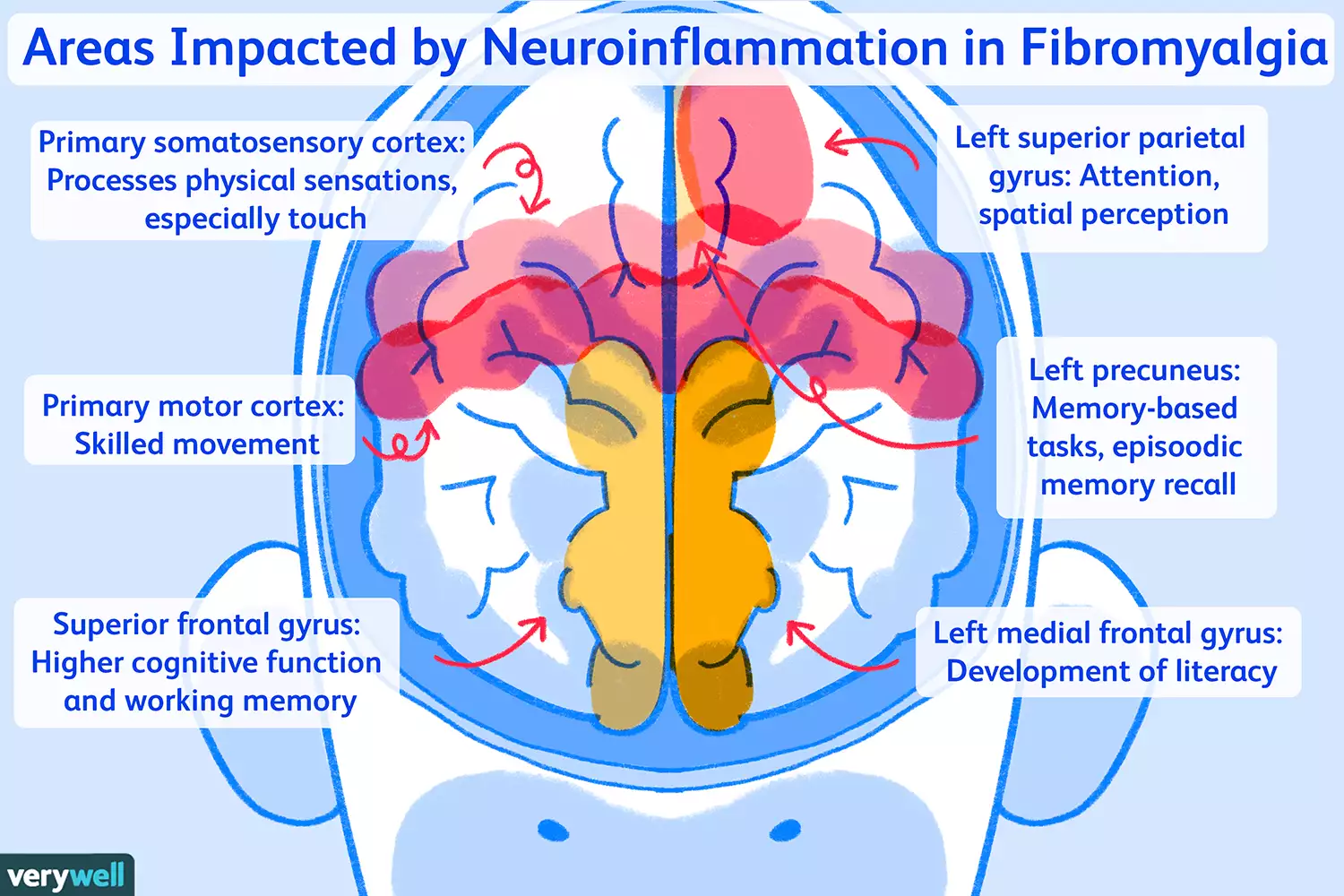by Robin dix Fibromyalgia has so many issues affiliated with it, and one of those issues is related to the health and condition of our skin. For those who are sensitive to clothing touching their skin, rashes and other issues just exacerbate the discomfort.According to Healthy Plan, some of the skin issues related to fibromyalgia include rashes, burning and tingling, and dry skin. Our skin is our largest organ and when our body is reacting to something or detoxing, it’s bound to affect our skin in various ways.MORE: Why pets are great if you have fibromyalgia. RashesFibromyalgia…
Read MoreCategory: Fibromyalgia symptoms
5 Fibromyalgia Eye Problems and Symptoms You Should Know About
Fibromyalgia eye problems? What is fibromyalgia best known for? The first thing just about anyone thinks of when they hear the word fibromyalgia is the chronic pain associated with it. However, there are many other fibromyalgia symptoms to be aware of, and we are going to focus on one in particular today. Fibromyalgia eye symptoms can become chronic and be a debilitating part of the condition. What should you know about the eye symptoms of fibromyalgia? Is there a natural way to find relief from the symptoms of this condition that affects millions of…
Read MoreHow Hair Loss Affects Those of Us with Fibromyalgia
BY ROBIN DIX IN COLUMNS, THROUGH THE FOG – A COLUMN BY ROBIN DIX. I have fibromyalgia (FM) and an underactive thyroid, so hair loss is a real concern of mine. For that reason, I have chosen to keep my hair very short. We’re talking #2-on-a-hair-trimmer short. After my first buzz cut, I wouldn’t go out anywhere without a hat because I was very self-conscious. Now I’m pretty comfortable with my look. Hair loss is not an uncommon phenomenon for those of us with fibro. Are you noticing more hair on your hairbrush, pillow, or…
Read MoreFibromyalgia and Hair Loss
Posted by Belgravia Centre Writer In this article: Hair Loss Fibromyalgia is a disorder that possibly afflicts up to 1.79 million people the UK, and an estimated 1 in 20 people worldwide. It causes a wide range of symptoms, but the most significant is chronic pain distributed all over the patient’s body. Other symptoms include irritable bowel syndrome, insomnia, headaches and muscle stiffness. Another symptom, albeit less common than the others, is hair loss. As journalist Adrienne Dellwo, who was diagnosed with fibromyalgia in 2006, explains, “Every time I washed my hair, the…
Read More16 Things People with Fibromyalgia Need to Stop Doing
Welcome! It looks like you might be new here, so I wanted to take a moment to tell you a little about me and my blog. My name is Julie Ryan and I live with Fibromyalgia. I’ve chosen to live positively, to fight back with diet and lifestyle changes and it’s made a huge difference for me. The difference between living all my days in bed, and actually LIVING. I hope you’ll keep reading and subscribe to my Newsletter to make sure you don’t miss a post. Thanks for visiting!*BTW, just a heads…
Read MoreDoes anyone have their eyes glued together in the morning even though you cleaned them during the night?
Fibromyalgia, a chronic pain based syndrome that affects patient’s tendon, muscle, and skeletal functions today, can actually work its way into the eye, creating what are known as fibromyalgia eye problems. When we think of fibromyalgia, we don’t need to think of the sensory organs, instead focusing on the discomfort that comes with movement and activity. Fibromyalgia Eye Problems Did you know that the eye relies on six main muscles to control its movement today? Yes, your eyes don’t move on their own. Since this condition impacts our nervous system,…
Read MoreFibromyalgia Is An Autoimmune Disease?
Fibromyalgia is a condition that causes chronic pain throughout the body, fatigue, anxiety, and nerve dysfunction. Today, it affects the life of 4 million people in the US alone and, if left untreated, it can lead to disability. Given that there is no definitive cure for fibromyalgia, treatments primarily aim to ease its symptoms. Despite how common and debilitating this condition is, its “invisible” nature has led to a delay in the research on its causes, symptoms, and prognosis. Certainly, with clinical trials only starting in the 1980s, a lot is yet to be understood…
Read MoreAutoimmunity and Neuroinflammation in Fibromyalgia
By Adrienne Dellwo Table of Contents Fibromyalgia (FM) may be an autoimmune disease, where your immune system attacks healthy cells by mistake. For years, the evidence seemed to point away from that. This issue is still far from decided, but opinion may be swaying back toward autoimmunity. Some research suggests FM may be an autoimmune disease involving neuroinflammation, an inflammatory response within the brain and spinal cord, and small-fiber neuropathy, which is weakness and pain from nerve damage.1 That hypothesis isn’t getting widespread acceptance in the medical community, though. This article looks at what…
Read MoreWhat’s The Difference With Fibromyalgia and Lupus ?
By Adrienne Dellwo Table of Contents Pain. Fatigue. Malaise. These symptoms are just part of life when you have fibromyalgia (FMS) or lupus. When you have both fibromyalgia and lupus, you get a double helping of those symptoms, in addition to the other symptoms of both conditions. FMS and lupus are both hard to diagnose, and because their primary symptoms can be very similar, people with FMS are sometimes misdiagnosed as having lupus, and vice versa. A sizable number of people have both conditions, which complicates diagnosis and treatment. Therefore, it’s important for those with FMS…
Read MoreWhat Are the Symptoms of Fibromyalgia?
You’ve been feeling run down lately. Tired, achy, everything hurts. You can’t concentrate. You can’t sleep. You don’t feel like… you. It’s like you have the flu, but you don’t have a fever and you’re not getting better. Your doctor says nothing seems to be wrong, but the symptoms persist. What’s happening? It’s possible that it could be fibromyalgia, a chronic pain disorder. Here’s how to recognize the red flags of this condition, and where to get help. Basics Refresh: What Is Fibromyalgia? Fibromyalgia (sometimes shortened to just “fibro”) is a…
Read More








